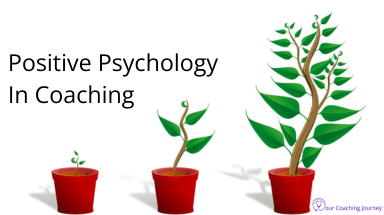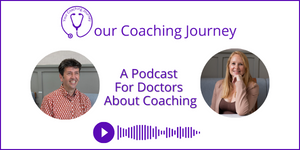What Is Positive Psychology?
In 1998 a researcher named Martin Seligman proposed the idea that there should be a new subfield of psychology with a focus on what’s life giving rather than life depleting. He’d grown frustrated with the focus of psychological study being the pathology of mental illness, trauma, suffering and he wanted to balance out the world of psychology and focus on what it means to be well, to be happy and to lead a fulfilling life.
It wasn’t unprecedented, not ALL research was focussing on illness and pathology, Abraham Maslow was talking about positive psychology in the 40s and 50s, within the field of humanistic psychology. And some of the theory explored even goes back to Greek philosophy. It’s not new but this was the point at which there was a definite change in emphasis, perhaps people were more ready to engage with this shift in focus, and it had a catchy new name: Positive Psychology.
In the last 25 years thousands of researchers globally have conducted literally tens of thousands of studies on positive phenomena. And they’ve established this ever-growing base of evidence which is able to be applied of positive psychology principles and interventions.
What Positive Psychology Is Not
It’s important to highlight that positive psychology is not just about positive thinking or the ‘toxic positivity’ of putting a positive face on despite everything that’s happening in your life. It’s not even about being happy the whole time. When we talk about happiness in positive psychology, we’re talking about subjective well-being. And that’s whether overall, your life is okay. Are you relatively happy with your life? And finding methods that can help you to flourish.

Why Positive Psychology Works So Well Alongside Coaching
Seligman talks about traditional psychology being focused on those who are living at Naught to minus five, they’re not okay. Whilst positive psychology is about people who are at ‘0’ or above and seeking to help them to move further along that scale to good, to great, to flourishing. And in this respect, it’s really interwoven in intention at least with coaching. It’s working with, well people who want to improve their lives further. It just makes sense that if you’re a coach, getting to know positive psychology is a positive move because it looks at studying:
- human thoughts, feelings and behaviours,
- at strengths rather than weaknesses.
- Positive events,
- positive influences,
- positive emotions,
- positive states
- optimism,
- meaning & purpose,
- engagement,
- life satisfaction,
- wellbeing
- self-esteem
- confidence.
These are all often topics that are brought to the coaching room, and why I believe positive psychology is aligned to coaching so beautifully. And the amount of empirical research that underpins positive psychology theory means that we as coaches are able to use what they term ‘positive psychology interventions’ which have a fantastic grounding in science, and we know they have a good chance of working if we use them with our clients.
To find out more about positive psychology coaching and how you could engage with it in the coaching room have a listen to our podcast, episode 25 where we explore this and talk in more detail about:
- Barbara Frederickson’s ‘Broaden and Build Theory’
- Gratitude practice
- Engaging with strengths.
- The psychology of flow.
All of which are fundamentals of positive psychology and can be used to great effect with our coachees.
Positive Psychology coaching is just one approach to coaching that is covered on our Doctors’ Transformational Coaching Diploma.




